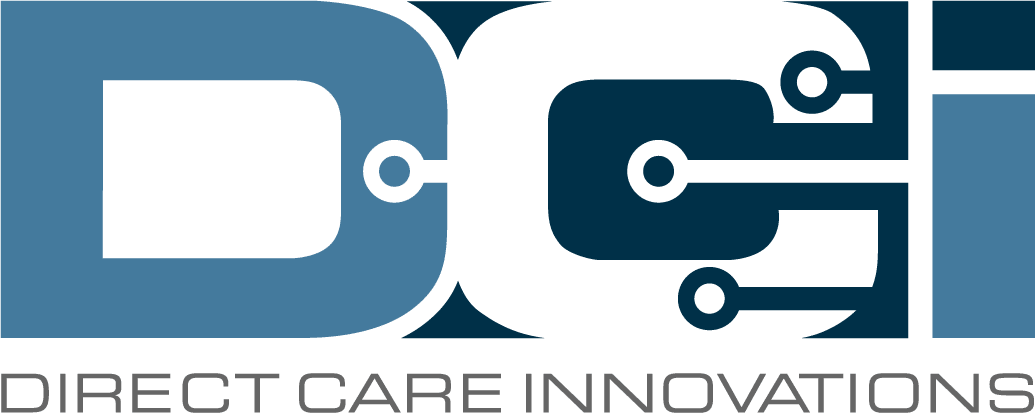9 Benefits of Electronic Visit Verification
Using Electronic Visit Verification (EVV) technology offers significant benefits for home healthcare agencies, enhancing compliance, efficiency, and quality of care. Direct Care Innovations offers a mobile application to track time and ensure EVV compliance for services delivered remotely in homes or community settings. We understand the value EVV brings and its potential to transform homecare operations. While Electronic Visit Verification is still in the early stages of federally mandated implementation, it shows undeniable promise across multiple aspects of homecare. Keep reading to learn how EVV can benefit homecare operations.

1. Ensures Compliance with Regulations
EVV helps home healthcare agencies comply with federal and state regulations, such as the 21st Century Cures Act in the U.S., which mandates EVV for Medicaid-funded personal and home healthcare services. Staying compliant with EVV requirements helps agencies avoid potential fines or penalties.
2. Reduces Billing Errors and Fraud
EVV accurately tracks caregiver arrival and departure times, location, and services provided, which helps reduce fraudulent billing practices, such as “phantom visits.” This reduces the risk of billing errors and ensures that agencies only charge for legitimate, documented services.
3. Improves Payroll and Billing Accuracy
EVV automates data capture for caregiver work hours, making payroll calculations more accurate and efficient. Additionally, it simplifies the claims process by providing precise data that meets payer requirements, leading to faster reimbursement and less time spent correcting errors.
4. Enhances Care Quality and Accountability
By tracking caregiver check-in and check-out, EVV holds caregivers accountable for timely service delivery, improving the quality of care. Supervisors can monitor visits in real time and ensure that care plans are followed, helping maintain high service standards.
5. Streamlines Scheduling and Reduces Missed Visits
Many EVV systems come with scheduling tools, which help agencies efficiently plan and manage caregiver schedules. The system can provide alerts for missed or late visits, allowing agencies to respond quickly and minimize service interruptions.
6. Optimizes Workforce Management
With real-time data on visit durations, locations, and caregiver availability, EVV helps home healthcare agencies make informed decisions about resource allocation, scheduling, and workload management. This allows agencies to better balance workloads and improve staff efficiency.
7. Provides Data-Driven Insights
EVV software can generate reports on service delivery patterns, caregiver performance, and client satisfaction, offering insights that can drive continuous improvement. These analytics can help agencies identify trends, optimize service delivery, and enhance patient outcomes.
8. Builds Trust and Transparency with Clients
EVV allows clients and families to track visit details, fostering transparency and trust in the agency’s services. Families gain peace of mind knowing that their loved ones receive the care they need, strengthening the agency’s reputation in the community.
9. Improves Emergency Response in Real-time
GPS tracking in EVV systems enables agencies to locate caregivers quickly in emergencies. This is especially useful for vulnerable clients who may need urgent support, enhancing the safety and responsiveness of home healthcare services.
Overall, EVV technology can help home healthcare agencies meet regulatory requirements, increase operational efficiency, improve caregiver accountability, and deliver better patient care—essential for staying competitive in a rapidly evolving healthcare market. DCI specializes in business management solutions for managed care organizations, Medicaid agencies, self-directed programs, and government agencies. Request a sales demo today or call (480) 295-3307 to learn more.
Stephen Vaccaro & Julian Hagmann, “Why EVV Benefits Extend Well Beyond Homecare,” Homecare, Cahaba Media Group, Inc, November 2, 2023.

